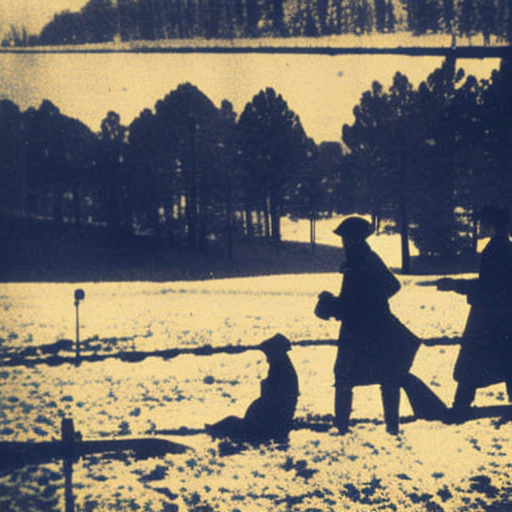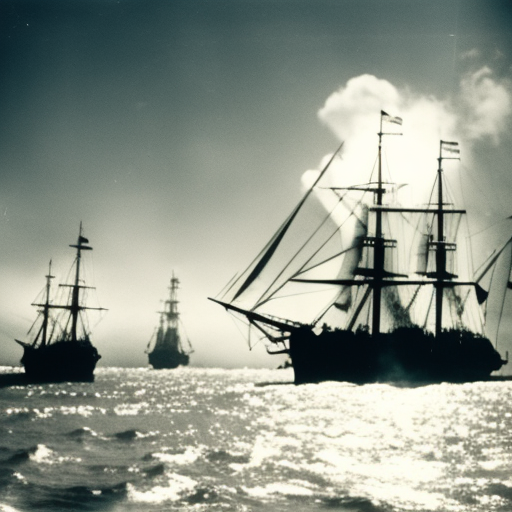American Revolution: The Birth of a Nation
The American Revolution was a pivotal event in world history that took place between 1775 and 1783. It marked the beginning of the United States as an independent nation, free from British rule. The revolution was driven by a desire for self-governance, individual rights, and economic freedom. It had far-reaching consequences, not only for the American colonies but also for the global balance of power.
Causes of the American Revolution
Several factors contributed to the outbreak of the American Revolution. One of the key causes was the growing discontent among the American colonists over British policies. The colonists felt that they were being unfairly taxed and denied representation in the British Parliament. The Stamp Act of 1765 and the Tea Act of 1773 were particularly resented by the colonists, leading to widespread protests and boycotts.
Another important factor was the influence of Enlightenment ideas, which emphasized the natural rights of individuals and the concept of popular sovereignty. Influential thinkers such as John Locke and Thomas Paine argued that governments should be based on the consent of the governed and that people had the right to rebel against oppressive rulers. These ideas resonated with many American colonists and fueled their desire for independence.
The Revolutionary War
The Revolutionary War began in April 1775 with the battles of Lexington and Concord. The American colonists, known as Patriots, formed militias and fought against the British army, known as the Redcoats. The war initially started as a series of skirmishes, but it soon escalated into a full-scale conflict.
The Patriots faced many challenges during the war. They lacked a well-trained army and struggled to secure funding and supplies. However, they benefited from their knowledge of the local terrain and the support of France, which joined the war on the American side in 1778. The French alliance proved crucial in turning the tide of the war in favor of the Patriots.
The turning point of the Revolutionary War came in 1781 with the Battle of Yorktown. General George Washington and his French allies trapped the British army under General Cornwallis, forcing them to surrender. This victory effectively ended major hostilities in the war, although minor skirmishes continued for a couple more years.
The Treaty of Paris and the Birth of the United States
In 1783, the Treaty of Paris was signed, officially ending the American Revolution. The treaty recognized the United States as an independent nation and established its boundaries. The British government also agreed to withdraw its troops from American soil.
The American Revolution had a profound impact on the world. It inspired other nations to fight for their own independence and challenged the prevailing notions of monarchy and colonialism. The revolution also laid the foundation for the development of democratic ideals and institutions in the United States.
Legacy of the American Revolution
The American Revolution brought about significant changes in American society and politics. The revolutionaries’ belief in individual rights and limited government influenced the drafting of the United States Constitution, which established a system of checks and balances and enshrined the principles of liberty and equality.
The revolution also led to the abolition of slavery in the northern states and set the stage for the eventual abolition of slavery throughout the United States. The revolutionaries’ rhetoric of freedom and equality resonated with enslaved African Americans, who fought for their own liberation in the years following the revolution.
In conclusion, the American Revolution was a transformative event that shaped the course of history. It was driven by a desire for self-determination, individual rights, and economic freedom. The revolutionaries’ struggle against British rule ultimately led to the birth of the United States as an independent nation. The revolution’s ideals and principles continue to influence American society and inspire people around the world.












